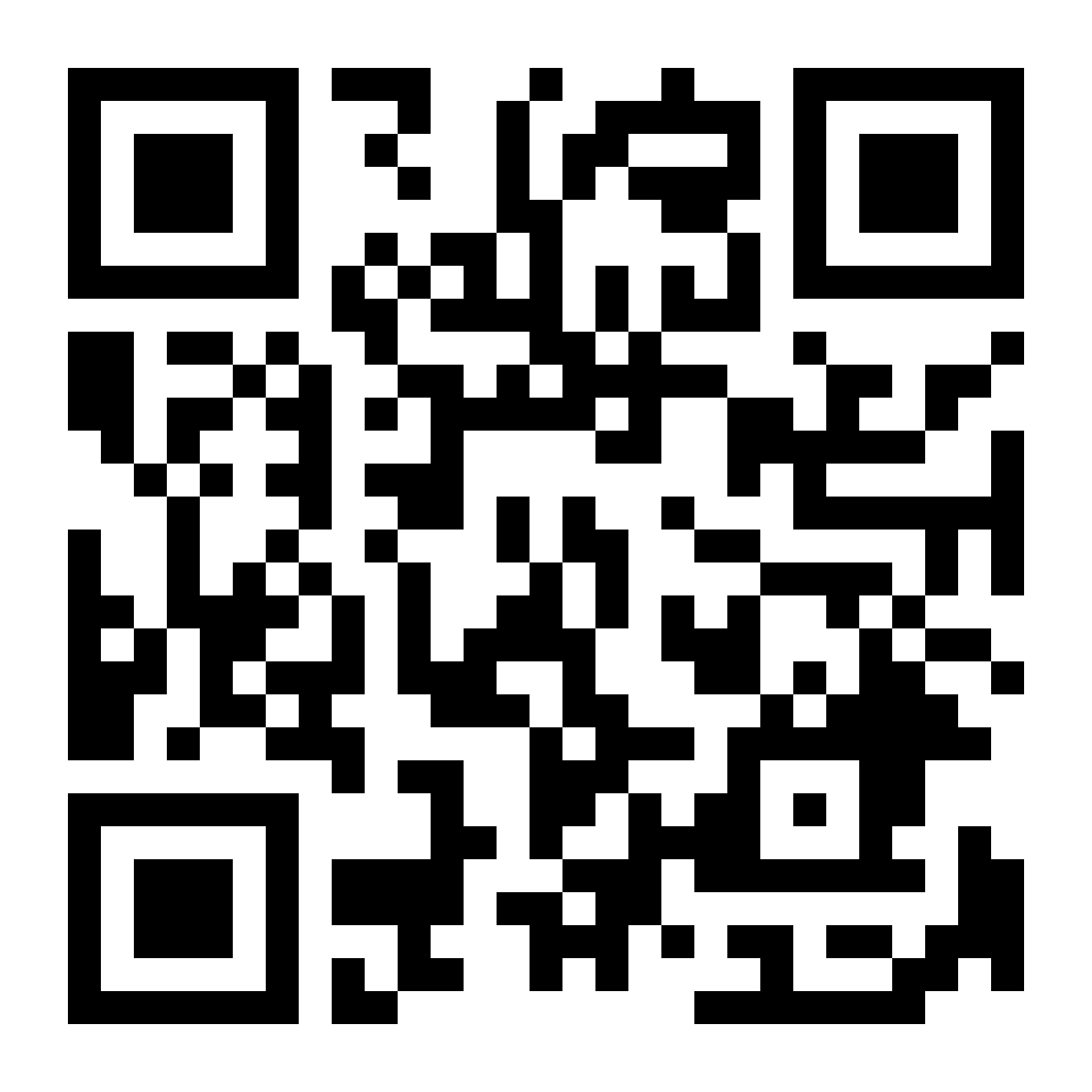Can Autistic People Drink Alcohol?



Navigating a relationship with alcohol is hard enough, but it’s even more difficult for neurodiverse people, especially people with autism. This article will shed light on how autism can influence our experience with alcohol and will look at some ways to make smart decisions to manage autism while drinking. We'll explore how autistic brains process alcohol differently, the potential risks involved, and strategies for safe consumption. Whether you're a person with autism, a caregiver, or a friend, understanding these dynamics can help foster safer and more enjoyable social experiences.

It’s no exaggeration to say that autism is one of the most hotly debated and disagreed-upon developmental disorders out there. More formally known as Autism Spectrum Disorder (ASD), autism is incredibly complex and multifaceted. There’s no single way to characterize it (which is why it’s described as a “spectrum”), but it generally involves challenges in social interaction and communication, restricted interests, sensitivity to sensory input, and the presence of repetitive behaviors.
Let’s be clear right off the bat: autism is not a mental illness. It is not a “curable” condition, much like having blonde hair or being introverted isn’t an illness. In the past, autism was characterized as such in the field of psychiatry, but as our understanding has evolved, so has the view of the wider scientific community.
Now autism is considered part of the spectrum of neurodiversity — the natural diversity in the way humans think and act, with each person having their own perspectives, interests, strengths, and weaknesses.
Autism’s causes are not fully understood, but there are a lot of theories. Research indicates that genetics is highly involved, and environmental factors also play a part: this is the scientific equivalent of saying, “It could be anything!” Therefore, we have no one “test” for autism; instead, a diagnosis is reached only careful consideration and input from multiple specialists.
Beyond origins, definitions, and classifications, much of the modern study of autism is focused on how to support and nurture autistic people so they can grow into their full selves in a society that may not always fit with them.
Autism is often described as a spectrum due to the vast diversity in the ways it manifests. Some people with autism require significant support in their daily lives, while others may have “stealthy” symptoms that aren’t necessarily obvious. The spectrum quality of autism also means that no two people with autism are alike. Each person has a unique set of abilities, challenges, and quirks.
There’s significant debate about how autism relates to other conditions, especially attention deficit hyperactivity disorder (ADHD), epilepsy, and other developmental disorders. Even what qualifies as diagnostic criteria for autism is under debate. It’s a complex condition of ongoing research.
People with autism have distinct differences in brain connectivity and activity, particularly in regions related to sensory processing, social interactions, and communication. These differences from neurotypical (non-autistic) brains are responsible for the most common symptoms of autism: sensory sensitivity, difficulties in social processing, and unique communication styles.
An autistic person’s brain may process neurotransmitters differently.
Any substance we introduce into our body interacts with the chemicals in our brain. So what do these differences mean for drinking alcohol?

In addition to serotonin and dopamine, people with autism show distinct differences in two other neurotransmitters directly affected by alcohol: gamma-aminobutyric acid (GABA) and glutamate. In the short term, alcohol increases GABA, a calming neurotransmitter responsible for alcohol’s immediate relaxing effects. It also decreases glutamate, a stimulating neurotransmitter also involved in memory and learning.
As our body processes alcohol, it also ramps up glutamate production to get itself back into balance. As a result, the brain bounces back and ends up with more glutamate than GABA, which ultimately stimulates our central nervous system (CNS).
Dysfunctions in GABA and glutamate have been widely proposed as mechanisms behind the sensory overstimulation, increased anxiety, and mood dysregulation seen in autism. Alcohol is known to cause mood swings, which are symptoms of autism. Alcohol multiplies the dysfunction of GABA and glutamate, amplifying these symptoms.
Let’s look at a few other ways alcohol’s effects manifest differently in those with autism:
While the effects of alcohol are generally the same in everyone, certain aspects of autism can be amplified by excessive or long-term alcohol use. Those same aspects of autism can fuel the use of alcohol to cope.
Remember how dopamine works differently in people with autism? Since alcohol increases dopamine, it can actually mask some aspects of autism, including difficulty with social processing, focus and attention, and communication. As a result, autistic people tend to have a bigger dopamine response from alcohol than neurotypical people do, which puts them at a higher risk of alcohol use disorder (AUD) and other addictions.
Traditionally, it was thought that people with autism were less likely to develop addictions due to the stereotype of them being strict rule-followers who thrive in structure. However, a landmark Swedish study published in 2016 found that autistic people are 2 to 4 times more likely to develop addictions than neurotypical people.
The fact is, many autistic people report using alcohol to cope with social anxiety, overstimulation, and fitting in. Therefore, alcoholism is a particular risk, and it should be treated differently.
Treatment for alcohol misuse should always be tailored to the individual, but certain common approaches may require adjustment for people with autism.
Now let’s consider a few rules that can lead to smart drinking decisions for people with autism spectrum disorder.
While everyone can benefit from moderation and mindful drinking, autistic people in particular may need to take extra steps to stay present and deliver their authentic self to the world.
If you’re autistic and worried that you may be misusing alcohol, there is hope, and you’re in control. Try the Reframe app to empower yourself with a personalized, neuroscience-backed plan to quit or cut back on drinking.
1. Can autistic people drink alcohol?
Of course! Autistic people can drink alcohol, although it’s advisable for them to take extra precautions to avoid addictive behavior and maintain a healthy relationship with any substance.
2. Are autistic people more prone to alcoholism?
Unfortunately, autism and alcoholism are linked. People with autism are 2 to 4 times more likely to develop addictions and substance misuse disorders.
3. Does alcohol work differently in people with autism?
The neurochemical mechanisms of alcohol are the same in everyone, including people with autism. However, preexisting chemical conditions in the brains of autistic people may amplify or dampen some effects of alcohol: it’s hard to say, since autism is different for everyone, and alcohol affects everyone a little differently.
4. How can I make safe drinking decisions as someone with autism?
Start by being mindful of your tolerance, intake, and emotional state. Since alcohol can enhance mood swings and sensory sensitivity, regularly check in with yourself about how alcohol is affecting you. Exercise caution when deciding to drink and moderate your intake to avoid triggering uncomfortable events.
Although it isn’t a treatment for alcohol use disorder (AUD), the Reframe app can help you cut back on drinking gradually, with the science-backed knowledge to empower you 100% of the way. Our proven program has helped millions of people around the world drink less and live more. And we want to help you get there, too!
The Reframe app equips you with the knowledge and skills you need to not only survive drinking less, but to thrive while you navigate the journey. Our daily research-backed readings teach you the neuroscience of alcohol, and our in-app Toolkit provides the resources and activities you need to navigate each challenge.
You’ll meet millions of fellow Reframers in our 24/7 Forum chat and daily Zoom check-in meetings. Receive encouragement from people worldwide who know exactly what you’re going through! You’ll also have the opportunity to connect with our licensed Reframe coaches for more personalized guidance.
Plus, we’re always introducing new features to optimize your in-app experience. We recently launched our in-app chatbot, Melody, powered by the world’s most powerful AI technology. Melody is here to help as you adjust to a life with less (or no) alcohol.
And that’s not all! Every month, we launch fun challenges, like Dry/Damp January, Mental Health May, and Outdoorsy June. You won’t want to miss out on the chance to participate alongside fellow Reframers (or solo if that’s more your thing!).
The Reframe app is free for 7 days, so you don’t have anything to lose by trying it. Are you ready to feel empowered and discover life beyond alcohol? Then download our app through the App Store or Google Play today!

Reframe supports you in reducing alcohol consumption and enhancing your well-being.





